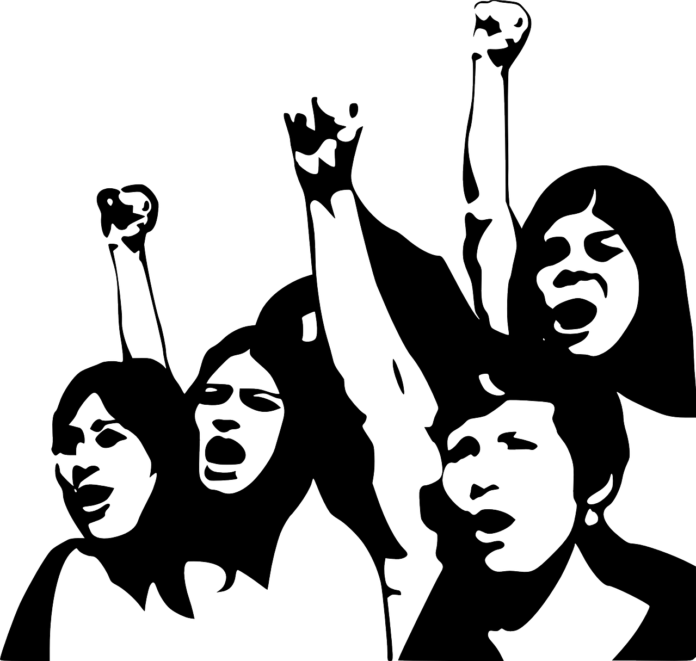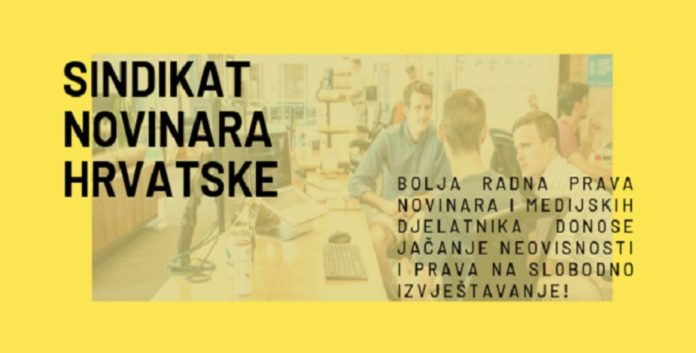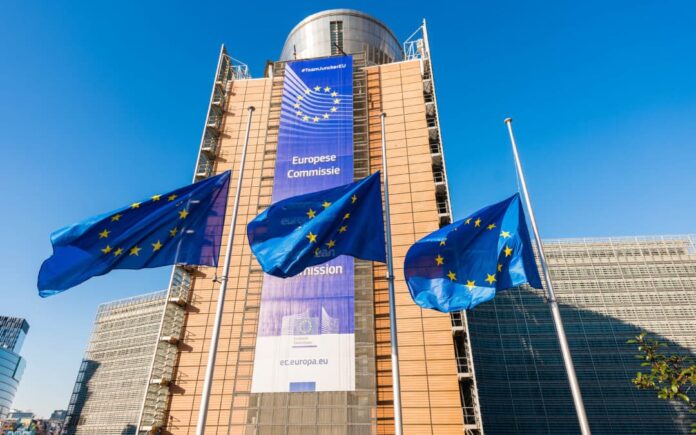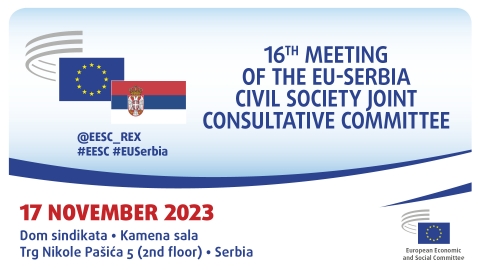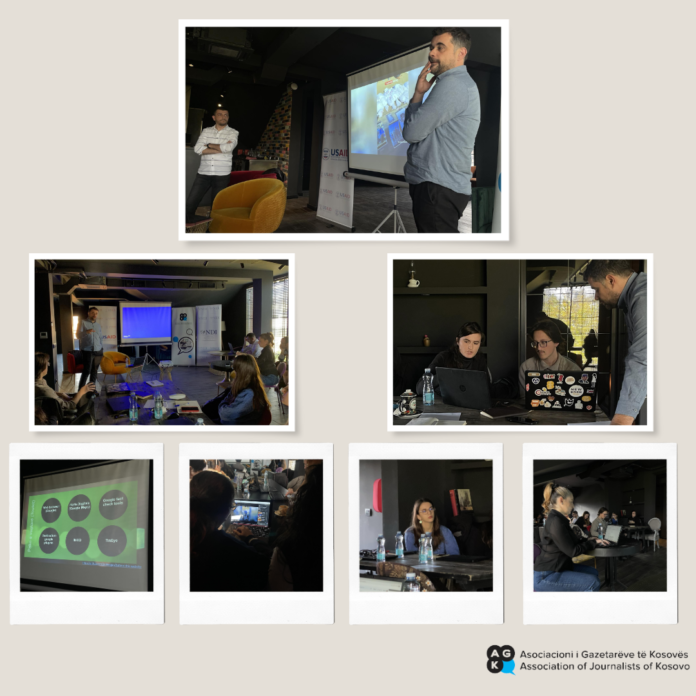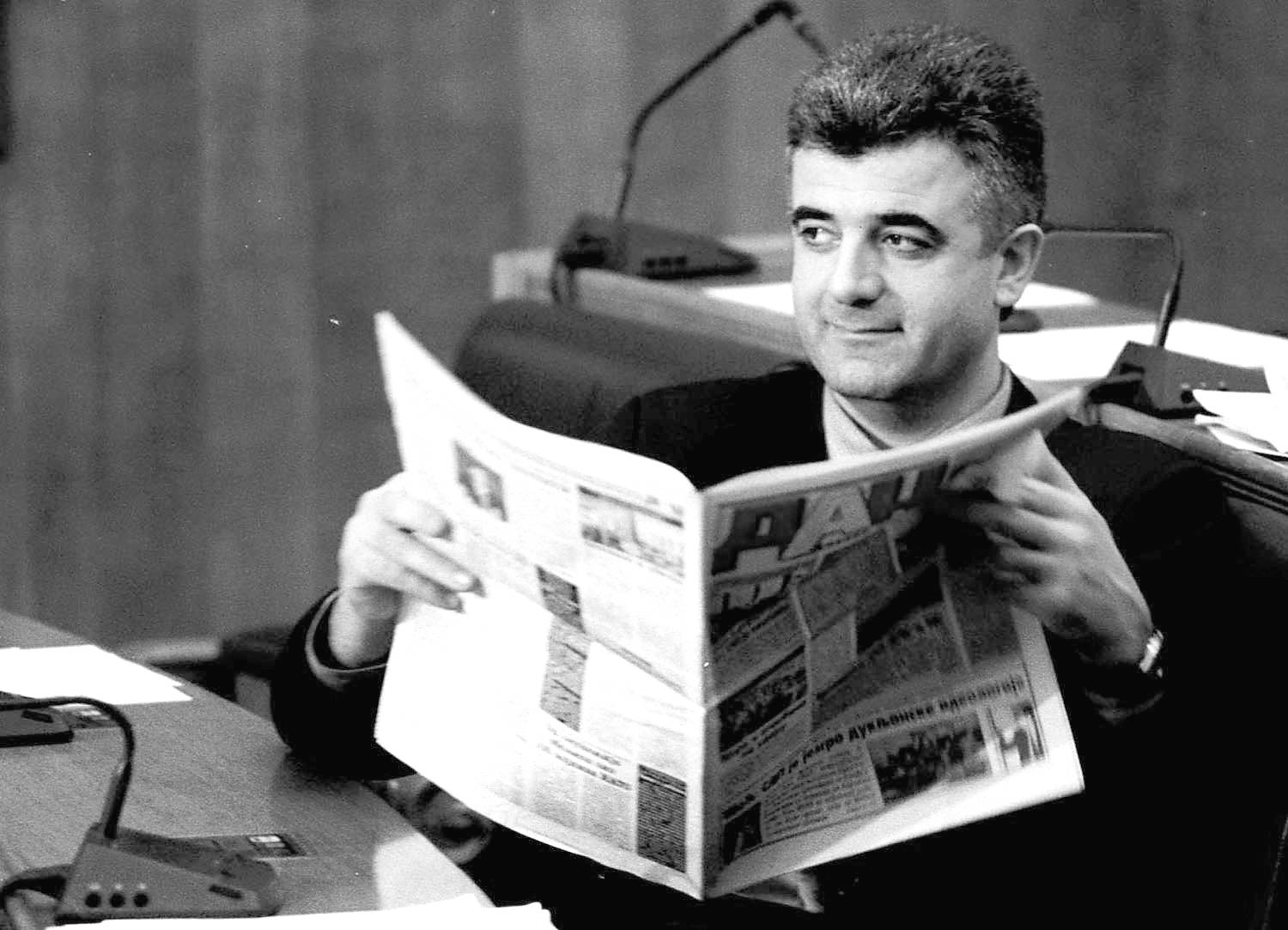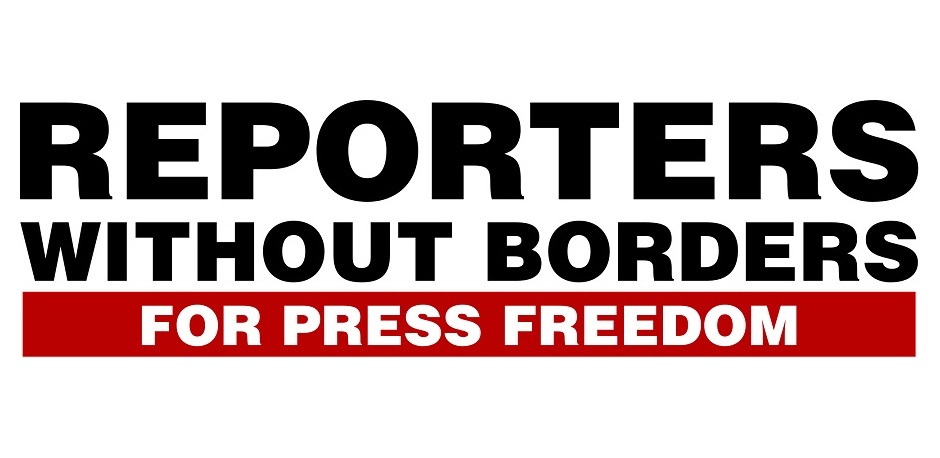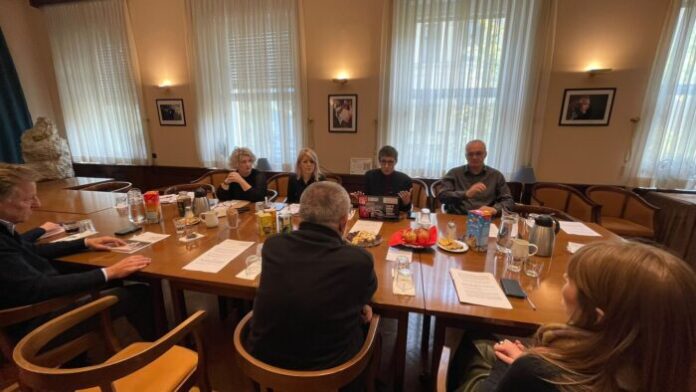To mark the International Day for the Elimination of Violence Against Women, on 25 November 2023, the Gender and Diversity Expert Group (GENDEG) of the European Federation of Journalists (EFJ) reminds all media workers and media organisations that violence is not part of the job.
Female journalists are heavily affected by physical, psychological and sexual violence as part of their work. Surveys carried out between 2018 and 2023 in the following European countries reveal that:
- In Belgium, 4 out of 10 female journalists experienced harassment in newsrooms;
- In Spain, 88% of the female media workers reported having suffered situations of sexual harassment at work;
- In Ukraine, 43% of the female journalists who experienced harassment in the workplace were attacked by men in managerial positions;
- In Italy, while 60% of the female journalists were harassed online, 20% said they experienced real-life assaults directly following online harassment.
These data show only the tip of the iceberg in terms of the psychological and physical violence suffered by female journalists in the course of their work.
The EFJ calls on its member unions and media companies to not allow gender-based violence in their own organisations and to take immediate steps to create a zero-tolerance working environment. Prevention and awareness raising are key to effectively fighting violence at work.
Three actions to prevent and combat gender-based violence at work:
- Be aware of the situation in your organisations through surveys, focus groups, safe spaces for discussions, awareness campaigns, etc;
- Create and promote a culture of zero-tolerance of all forms of violence in unions and media companies;
- Create trust by establishing reporting mechanisms in media and journalists’ organisations and designating a trusted person in charge of receiving testimonies and taking appropriate action with management.
Don’t allow it. Prevent it!
Source: EFJ


